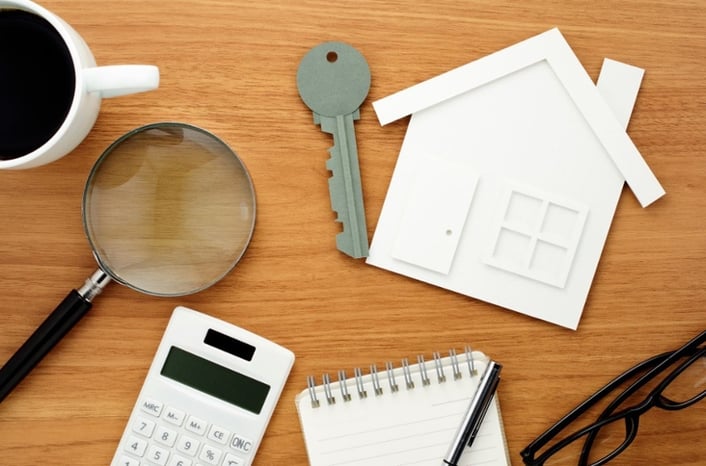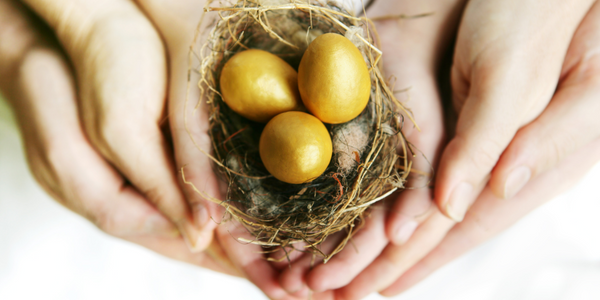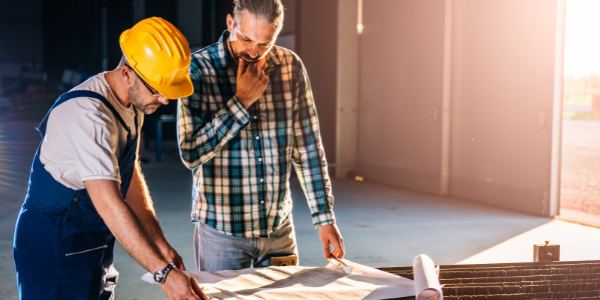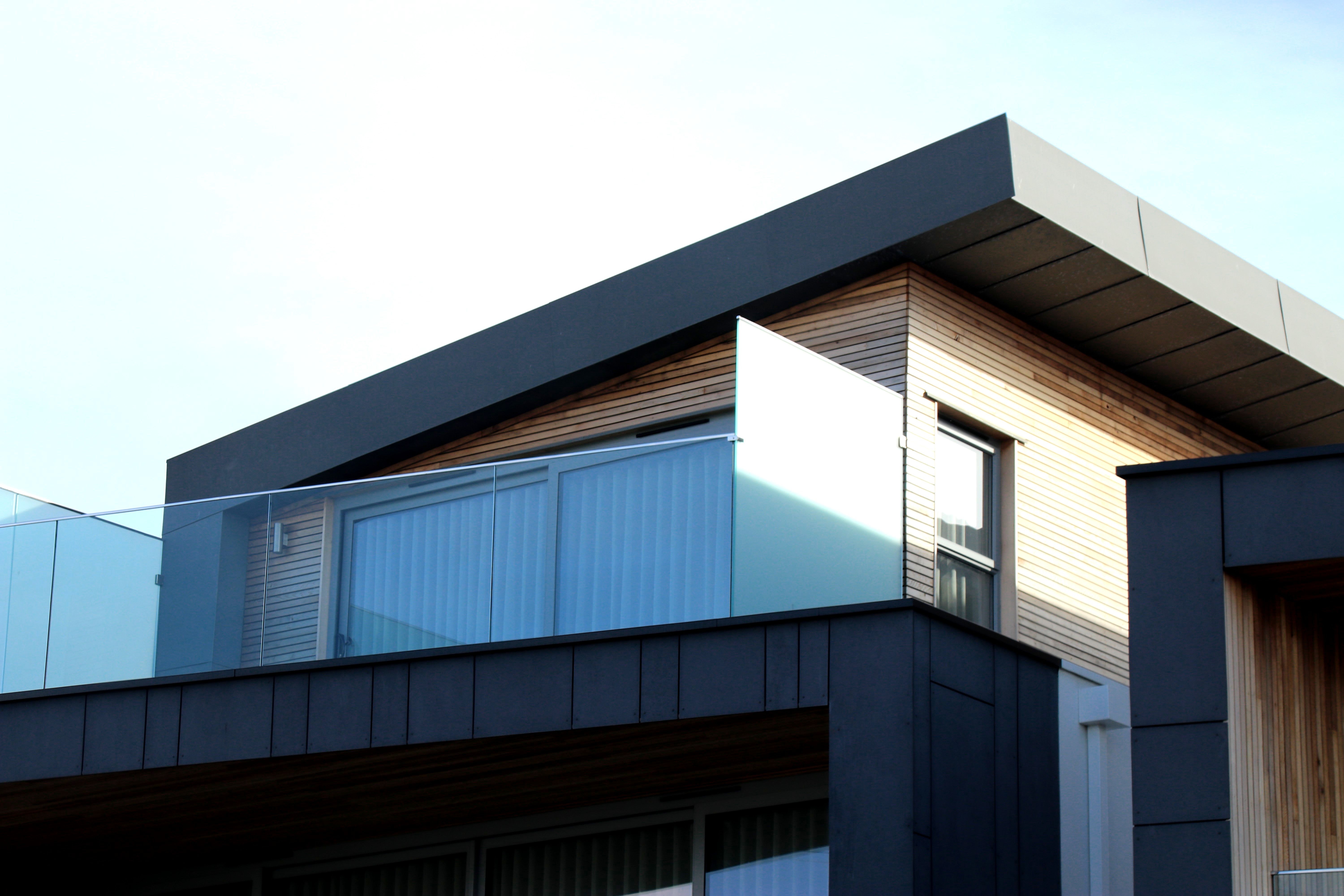
If you’re looking to secure your financial future, you can’t go wrong with a residential property investment. When you buy an investment property you're buying a physical asset, and for many people that means having a lot more control over where their money goes. To help you decide whether property investment is for you, here are some of the things you need to think about.
It’s all about yield
Property investment is about maximising a future income stream. Whether you’re investing in a share of a multi-million-dollar commercial property or a small rental property, the fundamentals are the same. In both cases, the property’s yield is an important part of the decision making process.
In simple terms, yield is the standard measure of a property’s income earning potential. That means the rent the property will earn in a year, expressed as a percentage of its purchase price. For example, if you bought a property for $250,000 and you were charging a rent of $300 a week, your annual rent would calculate to $15,600 which is 6.25 per cent of the purchase price. The yield or the growth return on your investment is thus 6.25 per cent.
Set your target
While it is a theoretical number that doesn’t take into account any likely periods of vacancy or any expenses you may be faced with, like insurance, rates or ongoing maintenance, the yield is a useful measure to compare the income earning potential of different properties. And for experienced investors, the yield or income earning potential is far more important than the actual price of the property.
Many investors will target a yield they want to achieve, and if it meets their target they’ll consider it closely. But it’s easy for inexperienced investors to overcapitalise on a property and end up spending more on a property than is justified by the rental income it can produce.
Good yield, bad suburb
You may be surprised to learn that cheaper residential properties generally provide a better return on investment than more expensive homes, despite the fact you can charge a higher rent in the more expensive home.
So you’re more likely to make more money owning three houses in a slightly more affordable suburb, than investing the same amount in one property in an upmarket location. Getting the yield right has a big impact on your investment income.
Boosting your yield
Some astute investors will consider buying properties with low yields that, when improved, will generate a far greater return on investment. Take our example above of the property bought for $250,000 rented out at $300 a week with a yield of 6.25 per cent; if you spent $50,000 on refurbishing the property and then renting it out at $375 a week, it would lift the yield to 6.5 per cent and improve the overall capital value of the property. Money well spent!
Do the numbers
Before you make any decisions about buying an investment property, it’s vital you look at all of the numbers. To calculate your actual net yield, factor in all of the costs involved in buying and maintaining your investment property over the year. The net yield is the income you can expect to earn once all costs have been factored into your gross yield.
The costs involved in maintaining or refurbishing the property could mean the difference between buying a sound investment property versus a long-term drain on your finances.
If you think it’s time you considered buying an investment property, but you’re not sure where to start, talk to Mortgage Express. We’ll look at your financial situation and help you through some of the options for finance.





